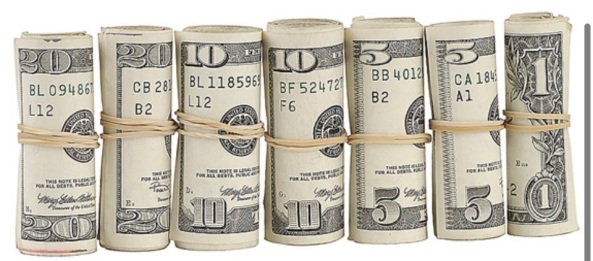By now most of us have a decent understanding of how the subprime mortgage mess came to a meltdown.
Easy money caught up with us when borrowers could no longer afford their minimum payments, which were usually their mortgages, which had been refinanced(or leveraged with home-equity loans) to pay off unsecured credit cards which had been used to finance liabilities like cars, boats, college, home improvements etc.
But can you really blame someone for being handed easy money?
I mean think about it.. The media pushes the message because it is bought and paid for, just like the political parties and currency systems, and by the same people.
The message is to spend money you don’t have.
The government does that, why shouldn’t you?
And now, four years past Ground Zero of the recession, and easy money is still available. How can this be? And who can still qualify?
I saw a commercial today for mortgage rates at 3%. My flight instructor told me this morning that he has an interest rate of 3 1/2%. Yesterday my pool guy told me he had an interest rate of 3 1/2% too.
The reality is that it is a huge market and there are people who can borrow.
The difference, not “everyone” still can, at least not conventionally.
Okay so FHA financing or conventional financing might be out, but is your primary residence really an asset? I don’t think so. If it doesn’t put cash in your pocket, it’s not an asset.
Cash flow, combined with capital growth, depreciation, and other tax advantages that the government incentivizes real estate investors with, make real estate the best vehicle for investing.
So where is that you give money now?
We have so much information(content), that I don’t think it has been easier in the history of the world for anyone to get rich. No longer does it take land or capital to get started.
Don’t get me wrong, the gap between the rich and poor is greatly widening, with most of the middle class moving towards the poor. But, for those willing to invest in their financial education, the opportunity has never been so prime.
Easy money is still available, as our global economy is on life-support from quantitative easing and other stimulus provided from central banks like the Federal Reserve. It can’t last forever, and when they start just simply canceling out that debt, the system will crumble, unless they come up with another system before that.
They’ve done a good job of averting a severe depression, but if they don’t make changes now to start advancing technology and energy, as well as investing in our financial education as a generation, the system does not stand a chance.
Here in Arizona we are combining financial education with real estate and providing a platform for investors around the world to invest in their financial education and real estate.
Finding deals is easy once you have the education, and then the money is easy too.
Debt can be a good thing, if you can use it to acquire assets that put cash in your pocket.
We have seen what spending the money on liabilities has done, both on the neighborhood level, as well as with our government..
What are you waiting for? Get started now, we’re ready to get you going!
Why is it we so often put off the things that are really most important to us?
Not you, not anymore!
Written by: Joshua Gayman
Sent from my iPhone




